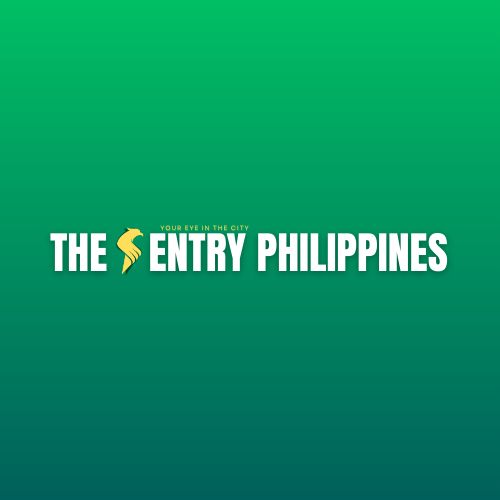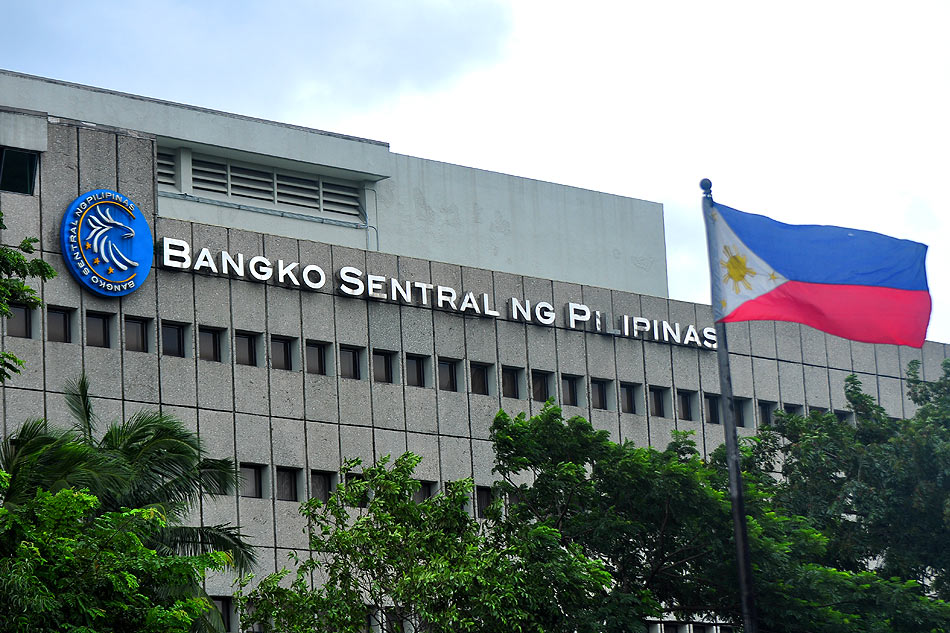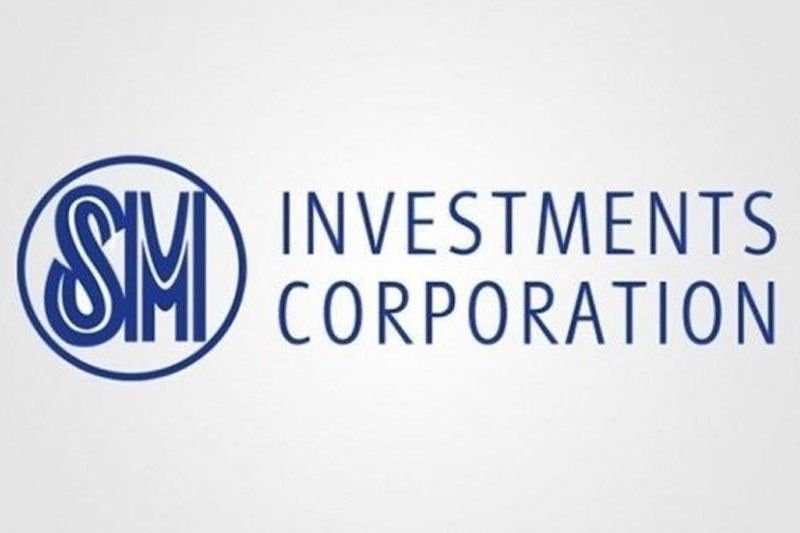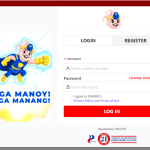Now Reading: Philippines Improves to “Moderately Free” in Global Economic Freedom Index
-
01
Philippines Improves to “Moderately Free” in Global Economic Freedom Index
Philippines Improves to “Moderately Free” in Global Economic Freedom Index
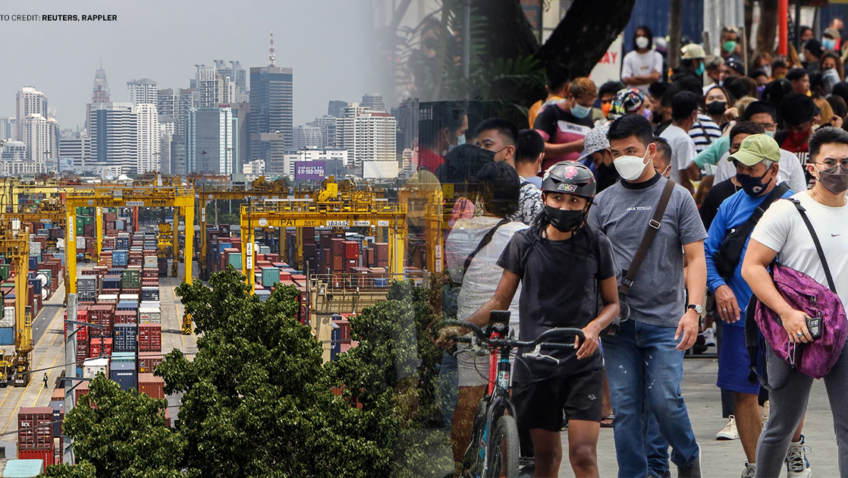
The Philippines has risen six positions in the latest 2025 Index of Economic Freedom by The Heritage Foundation, reaching 82nd place out of 176 countries, now classified as “moderately free” in terms of economic activity. This marks a significant improvement from last year’s ranking of 88th and a move from “mostly unfree” to a better economic status.
The country’s economic freedom score rose by 1.6 points, reaching 60.6 from 59 in 2024, signaling progress in the economic environment despite global challenges.
According to The Heritage Foundation, the Philippines’ latest position places it ahead of many Southeast Asian nations, including Thailand (84th), Cambodia (98th), and Laos (140th), though it still lags behind Malaysia (44th), Brunei Darussalam (46th), Indonesia (60th), and Vietnam (61st).
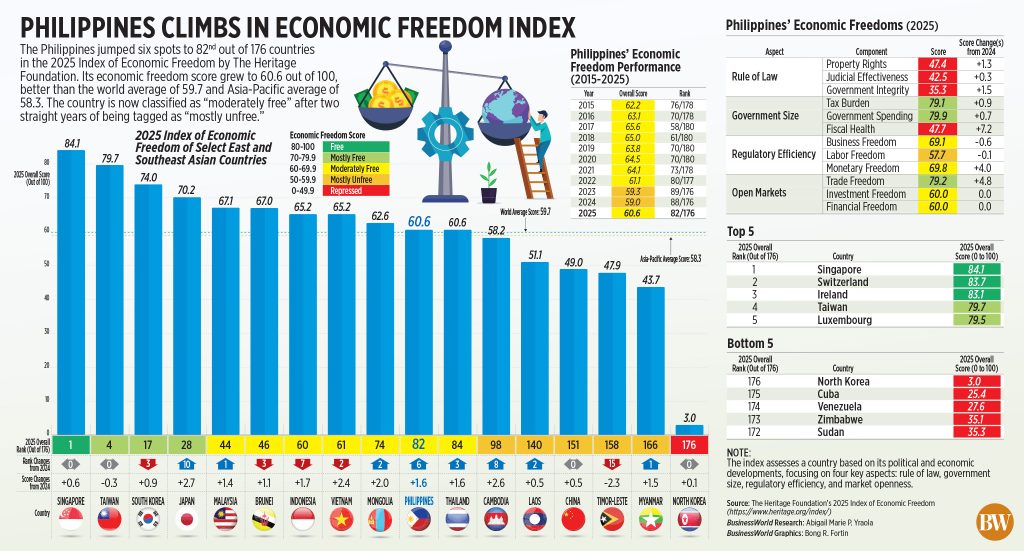
Key Areas of Focus
The Index of Economic Freedom measures 12 factors under four broad pillars: Rule of Law, Government Size, Regulatory Efficiency, and Market Openness.
- Rule of Law: The Philippines scored 47.4 for property rights, 42.5 for judicial effectiveness, and 35.3 for government integrity, reflecting weak rule of law, particularly in areas of property rights and judicial effectiveness.
- Government Size: The country scored 79.1 in tax burden, 79.9 in government spending, and 47.7 in fiscal health, indicating a well-managed fiscal environment but challenges in long-term financial health.
- Regulatory Efficiency: With a score of 69.1 for business freedom, 57.7 for labor freedom, and 69.8 for monetary freedom, the Philippines faces challenges in regulatory efficiency, particularly in labor markets and business regulations.
- Market Openness: The country showed strong performance with a 79.2 score in trade freedom and 60 in investment and financial freedom, reflecting a generally open market for trade and investment.
Economic Performance and Challenges
The Heritage Foundation noted that while the Philippines has made strides, challenges persist, especially in corruption, which continues to undermine long-term development. Despite these institutional hurdles, the government’s efforts in macroeconomic stability, tax collection efficiency, and digitalization have contributed to the positive shift in the country’s score.
The Philippines’ economy has expanded at an average annual rate of over 6% in the past three years, a testament to its steady growth amid global uncertainties. The monetary policy easing and regulatory reforms have also supported the country’s rising economic freedom.
Expert Insights
Leonardo A. Lanzona, an economics professor at the Ateneo de Manila University, pointed out that the Philippines’ import dependency, reflected in lower tariffs, has benefited consumers but may not bode well for producers in the long term. He emphasized the importance of developing domestic production to ensure sustained growth in economic freedom.
John Paolo R. Rivera, a senior research fellow at the Philippine Institute for Development Studies, highlighted progress in fiscal health, monetary stability, and trade freedom but called attention to ongoing issues with regulatory efficiency, judicial effectiveness, and corruption control. He suggested focusing on streamlining regulations and strengthening the rule of law to boost investor confidence and improve economic freedom further.
Future Outlook
The Heritage Foundation’s report suggests that while the Philippines has made commendable strides, there is still much to be done to enhance regulatory efficiency and institutional reforms. Improving corruption control and ensuring efficient legal systems will be key to unlocking further economic potential and securing the Philippines’ position as a more economically free country in the coming years.










